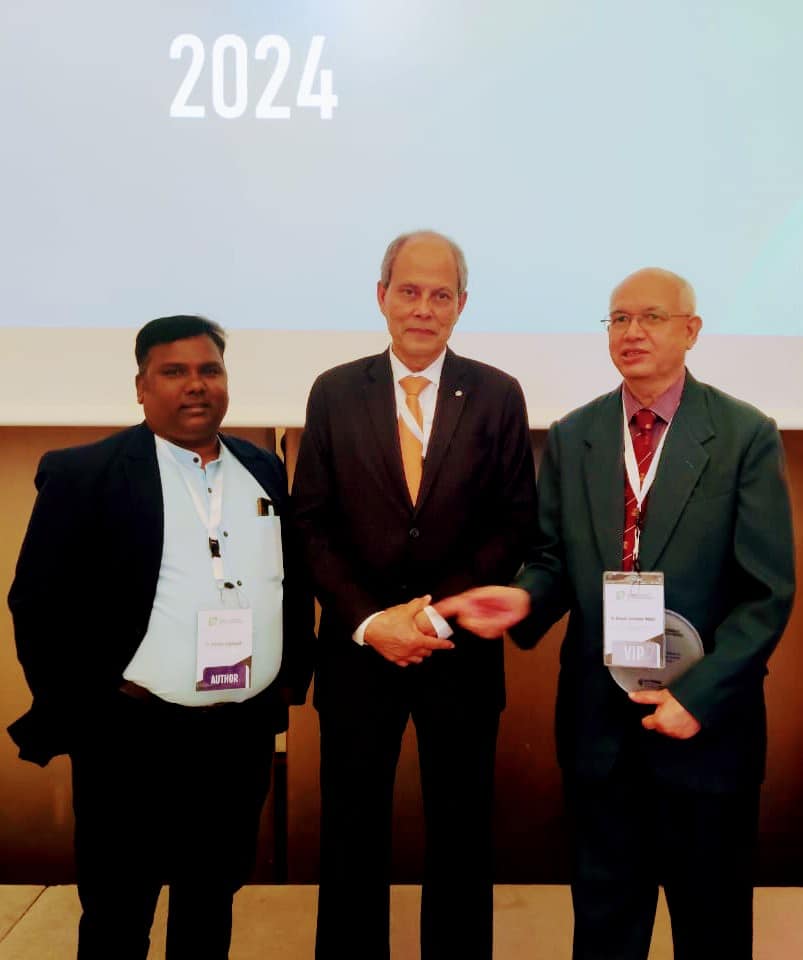COP 28 UAE Resolution Point 3: Throughout the two weeks of COP 28, under the leadership of the COP 28 Presidency, a myriad of progress has been observed under the Global Climate Action Agenda. The High-Level Champions and the Marrakech Partnership, also convened over 40 events, including Action Events and Implementation Labs, as well as High-Level Champion Special Events, that showcased the collective momentum from diverse sectors and discussed issues crucial to driving global ambition and action. Announcements, commitments and declarations made, as well as the launch and progress of cooperative climate initiatives, should be well recognized and tracked to ensure such efforts effectively contribute to accelerating the multilateral process towards achieving the goals of the Paris Agreement, in particular, the first Global Stock take to be concluded at COP 28. With this in mind, as the Executive Secretary of the UNFCCC expressed at the opening of COP 28, the UNFCCC secretariat has been tracking announcements and initiatives during COP 28, and, in collaboration with the COP 28 Presidency and the HighLevel Champions, hereby publishes this summary report to present key outcomes from the Global Climate Action Agenda.
Analysis and Review:
The resolution point highlights the progress observed under the Global Climate Action Agenda during COP 28, emphasizing the leadership of the COP 28 Presidency. It mentions the substantial efforts led by the High-Level Champions and the Marrakech Partnership, including numerous events like Action Events, Implementation Labs, and High-Level Champion Special Events. The resolution underscores the importance of recognizing and tracking announcements, commitments, and declarations to ensure effective contributions to the goals of the Paris Agreement. The Executive Secretary of the UNFCCC, in collaboration with the COP 28 Presidency and the High-Level Champions, has published a summary report to present key outcomes from the Global Climate Action Agenda.
Positive Side of Resolution Point 3:
Leadership and Collaboration: The resolution reflects positively on the leadership of the COP 28 Presidency in driving progress under the Global Climate Action Agenda. The collaboration between the UNFCCC secretariat, COP 28 Presidency, and High-Level Champions suggests a coordinated and cooperative approach, fostering a positive environment for climate action.
Diverse Engagement Events: The mention of over 40 events, including Action Events and Implementation Labs, highlights a diverse range of engagement activities. This diversity indicates a comprehensive approach to addressing climate issues, involving various sectors and stakeholders, contributing to a more inclusive and well-rounded strategy.
Recognition of Announcements and Commitments: The resolution emphasizes the need to recognize and track announcements, commitments, and declarations made during COP 28. This recognition is crucial for ensuring accountability and assessing the impact of cooperative climate initiatives, aligning with the transparency and accountability principles of the Paris Agreement.
Publication of Summary Report: The publication of a summary report by the UNFCCC secretariat, in collaboration with the COP 28 Presidency and the High-Level Champions, demonstrates a commitment to transparency. The report serves as a means of communication to present key outcomes, providing stakeholders and the public with insights into the achievements and progress made during COP 28.
Negative Side of Resolution Point 3:
Potential Lack of Specifics: The resolution does not provide specific details on the nature of progress observed or the outcomes of the numerous events. Critics might argue that without concrete details, it is challenging to assess the actual impact or effectiveness of the initiatives and commitments made during COP 28.
Concerns about Accountability: While the resolution emphasizes tracking and recognizing commitments, there might be concerns about the mechanisms in place for ensuring accountability. Critics may question whether there are enforceable measures to hold parties and stakeholders accountable for their pledges and actions.
Clarity on Global Stocktake: The resolution mentions the importance of contributions to accelerating the multilateral process, especially regarding the Global Stocktake to be concluded at COP 28. However, it does not provide clarity on how these contributions will be assessed or integrated into the stocktake process, potentially raising concerns about transparency and effectiveness.
Dependence on Summary Report: The publication of a summary report is positive, but critics might argue that it might be selective in presenting outcomes and could lack the depth needed for a comprehensive understanding of the collective achievements and challenges faced during COP 28.


